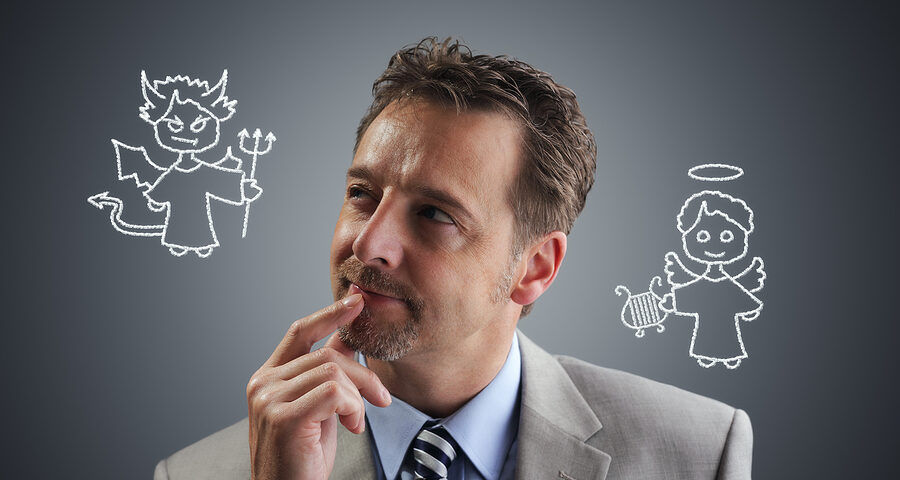
The battleground of conscience
That phrase seems oxymoronic—contradictory—the battleground of conscience, I know. But once I began rereading Fr. Jacques Phillipe’s Searching for and Maintaining Peace, there’s no better metaphor.
But first, some brief background.
The first chapter of this Fr. Phillippe’s book says it all:
“Without Me you can do nothing….(John 15:5)
He didn’t say, you can’t do much without Me but you can do nothing.”
Searching for and Maintaining Peace
There are times that my sins, flaws, weaknesses, frailties, pick one or all, once confessed, I move on. There are others when those same sins, flaws, weaknesses can flatten me. Their memory a simmering echo in my head.
Until I reread Fr. Phillipe’s book, I’d not considered why.
True repentance has distinct signs.
- The desire to correct ourselves,
- Persist in learning new habits is always gentle.
- Peaceful.
- Trustful.
- It is never discouraging,
- Paralyzing
- Or troubling.
In fact,
To preserve our hearts in perfect tranquility, it is still necessary to ignore some interior feelings of remorse which seem to come from God, because they are reproaches that our conscience makes to us regarding true faults, but which come, in effect, from the evil spirit as can be judged by what ensues. If the twinges of conscience serve to make us more humble, if they render us more fervent in the practice of good works, if they do not diminish the trust that one must have in divine mercy, we must accept them with thanksgiving, as favors from heaven. But if they trouble us, if they dishearten us, if they render us lazy, timid, slow to perform our duties, we must believe that these are the suggestions of the enemy and do things in a normal way, not deigning to listen to them. (The Spiritual Combat, chapter 25)
Wow.
The rub is maintaining peace.
It’s weird because we know!
Those of us who are Christian proclaim Jesus as our Peace. Either, we’ve known Him all our lives and if we’ve been blessed, loved Him all our lives. Or we’ve come to Him later, seeking peace and finding that the object of our search is Our Lord.
Still, those awful times of self-disgust or dislike can overwhelm. In thoughts like, “I just went to confession! How could I possibly…”
Or, “I can’t confess this again, I’ve done it the last umpteenth times…”
And then there’s “I can’t pray! How do I talk with Him when I did…and then….?”
That’s when it feels like a battleground—Combat—War.
Of course those thoughts aren’t from God!
So if they’re not from God, there’s only one other source, right? Hence, the battleground of conscience.
Father Philippe explains: “Our sins are a very poor pretext for distancing ourselves from Him, because the more we sin, the more we have a right precisely to approach Him who says: The healthy are not in need of a doctor — the sick are.… Indeed I came not to call the righteous, but sinners (Matthew 9:12-13). If we wait until we are saints to have a regular life of prayer, we could wait a long time.”
And then the priest calls on a spiritual master from the sixteenth century to reveal the all-importance of inner peace. “The devil does his best to banish peace from the heart…” This is so, declares the author of Spritual Combat, Dom Lorenzo Scupoli, because “he knows that God abides in peace and it is in peace that He accomplishes great things.”
Pray for the virtue of combative hope
Years ago, I walked into a southwestern boutique store not far from where I lived in Houston, Texas to see a compelling print of three intersected Indian profiles with 20-25 smaller figures of battling warriors sketched in each of their torsos. The print seemed to dominate the store and me. The artist calls his work, Our Battles Are Many. That painting has characterized my life. After many moves, it’s back in Texas.
So I’m drawn to the war-like metaphors like those in the Rule of St. Benedict. Therefore we must prepare our hearts and our bodies to do battle under the holy obedience of His commands. And I smile broadly when thinking of Pope Francis’s wonderful oxymoron of combative hope.
The phrase is excerpted from his book, In Him Alone is Our Hope, a collection of talks given to fellow priests on the Spiritual Exercises of St. Ignatius.
This spiritual hope is much more than mere optimism. It is not full of fan- fare, nor is it afraid of silence. Rather, it penetrates deep down within us, like sap in winter roots. Hope is certain, and it is the Father of Truth who gives it to us. Hope discerns between good and evil. It does not worship at the altar of success: falling into optimism; nor is it content with failure: wallowing in pessimism. Because hope discerns between good and evil, it is called to do combat. Yet it fights without anxiety or illusion, with the assurance of one who knows that he pursues a sure goal…




